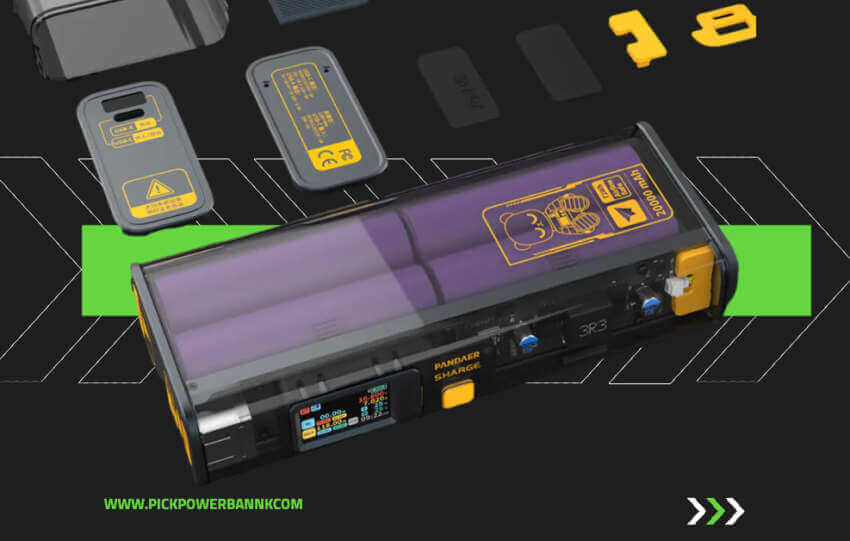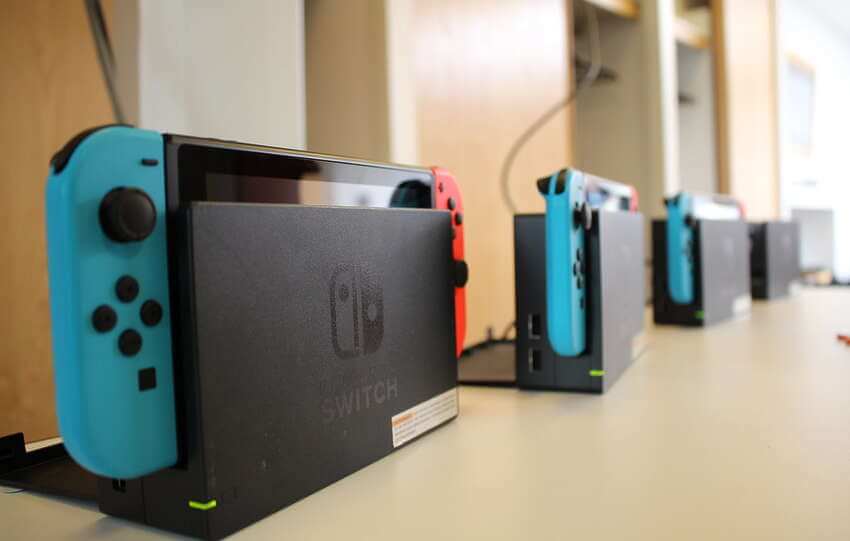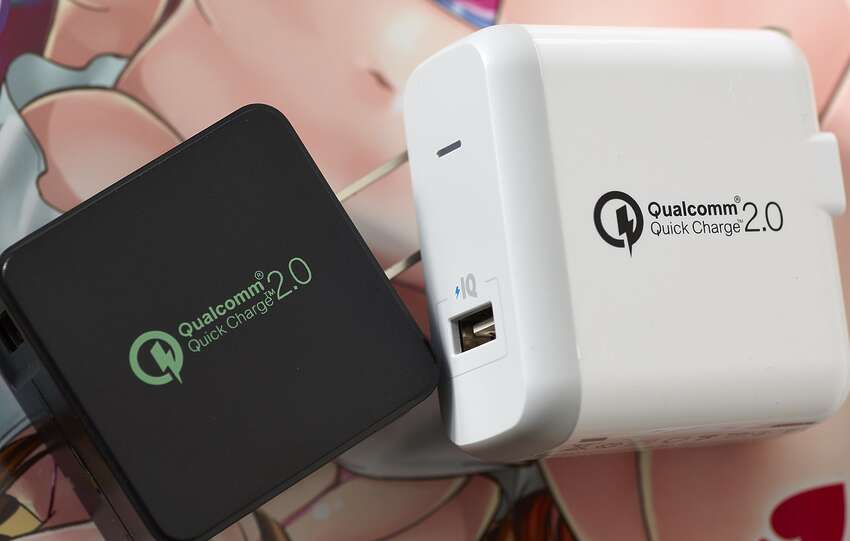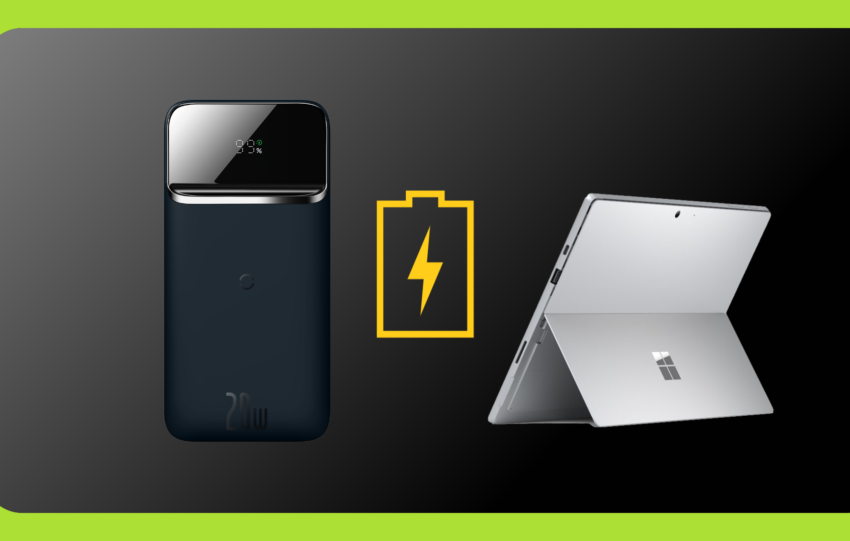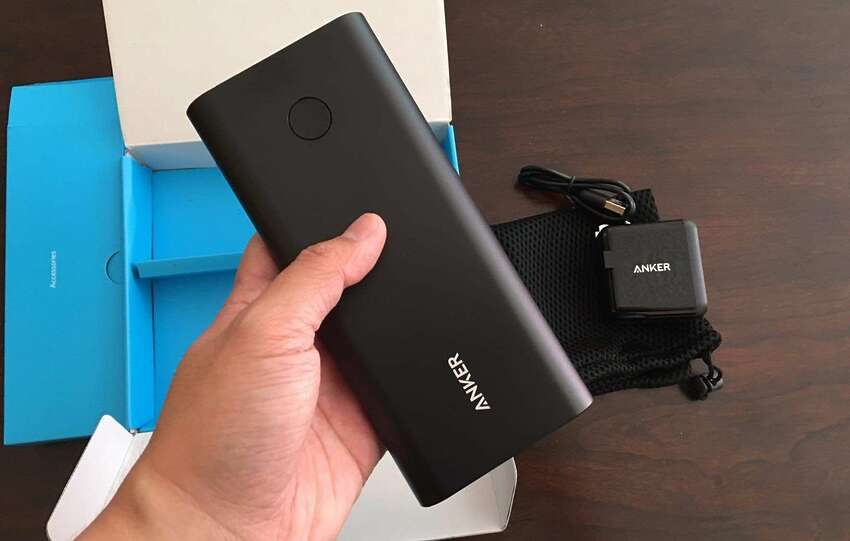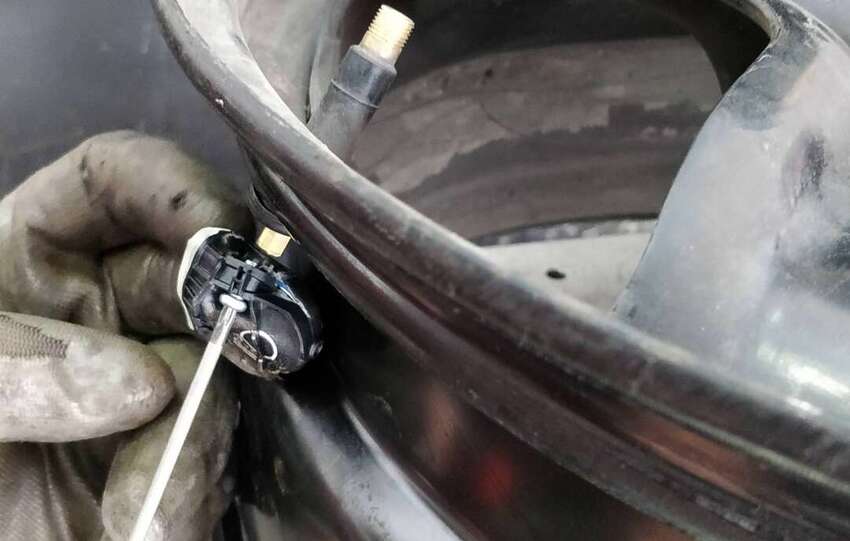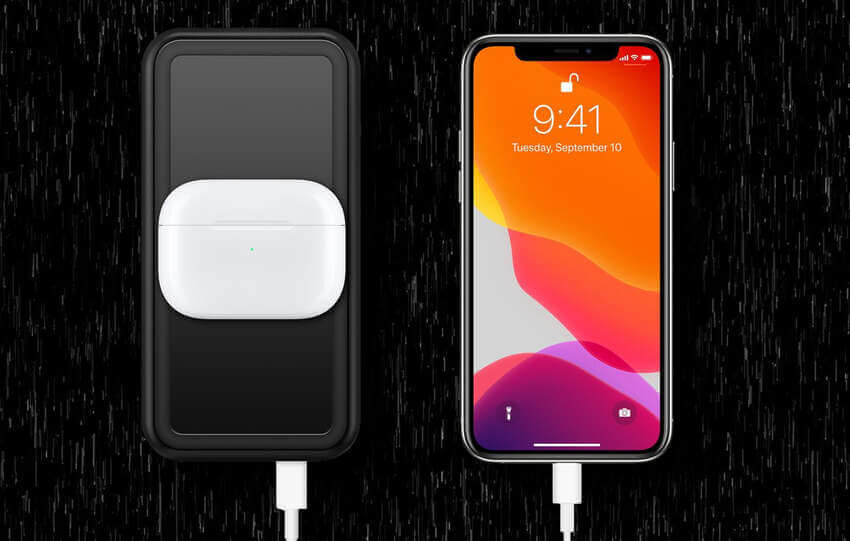Share This Article
Are you looking for a way to save money on your energy bill? Solar panels are a great option, and they work even in winter! Solar panels convert sunlight into electricity, and they can do this even in cold weather. In fact, solar panels are actually more efficient in colder temperatures. So if you’re looking to save money on your energy bill, solar panels are a great option, even in winter.
Solar power works by converting sunlight into electricity
Solar power works by converting sunlight into electricity. This can be done in two different ways:
1) Photovoltaic solar panels absorb sunlight and convert it directly into electricity. This electricity can then be used to power your home or business, or it can be stored in batteries for later use.
2) Solar thermal systems use sunlight to heat water or air, which can then be used for space heating, domestic hot water, or power generation.
Solar panels are made up of photovoltaic cells, which are made of semiconductor materials like silicon. When sunlight hits the solar panel, the photovoltaic cells absorb the light and create an electrical current.
Solar panels are made up of photovoltaic cells
Solar panels are made up of photovoltaic cells, also called PV cells. PV cells are made of semiconductor materials, like silicon. When sunlight hits the PV cell, it causes an electrical reaction. This reaction creates direct current (DC) electricity.
Solar panels can be used to power homes and businesses
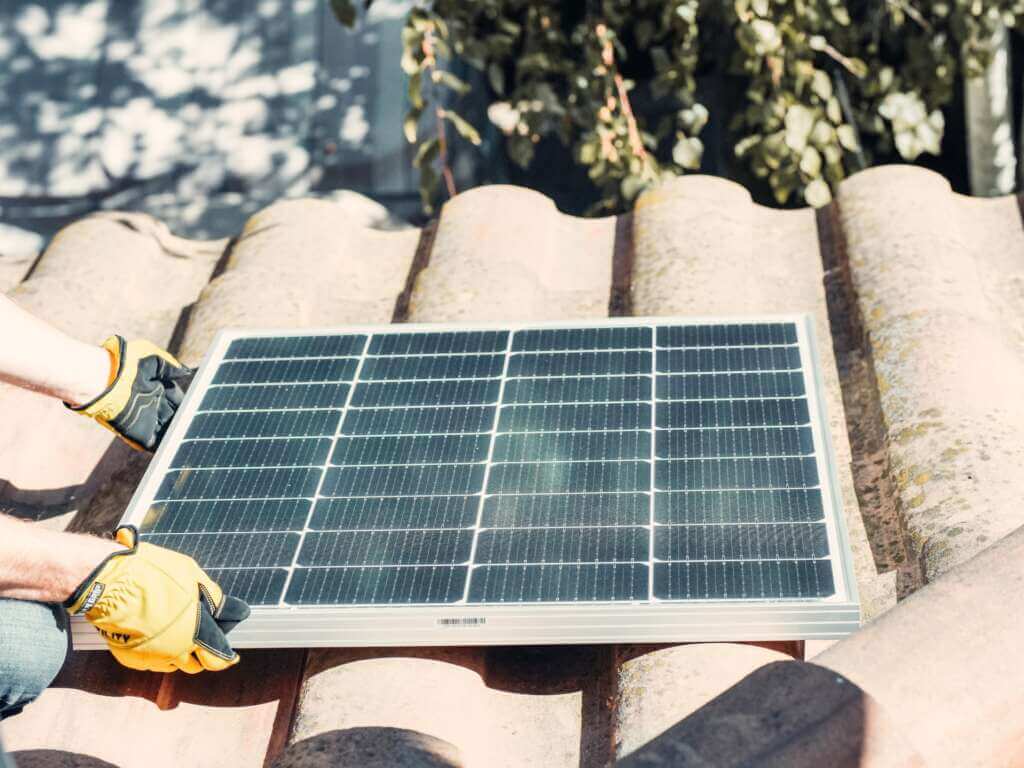
Solar photovoltaic (PV) panels are devices that convert sunlight into electricity. They are often used on rooftops and are becoming increasingly common as the cost of PV technology continues to decline. Solar panels can be used to power homes and businesses, and can even be used to generate electricity for entire communities.
Solar in Winter
Winter can be a tough time for solar panels. With the shorter days and longer nights, it can be hard for solar panels to get the sunlight they need to generate electricity. However, there are a few things you can do to help your solar panels work better in the winter.
Solar panels still work in winter, but not as efficiently
Solar panels work by converting sunlight into electricity. In winter, there is less sunlight available, so solar panels are not as efficient at converting sunlight into electricity. However, they can still generate some electricity even in winter conditions.
The amount of sunlight in winter is reduced, which means less power is produced
Solar panels work by collecting energy from the sun and converting it into electricity. The amount of sunlight that hits the Earth’s surface is reduced in winter, which means less power is produced. Solar panels are most efficient when they are placed perpendicular to the sun, so their output is also reduced in winter. Although solar panels will still work in winter, their efficiency is reduced, so they may not be able to provide as much power as you need.
Solar panels need to be cleaned more often in winter to prevent snow and ice build-up
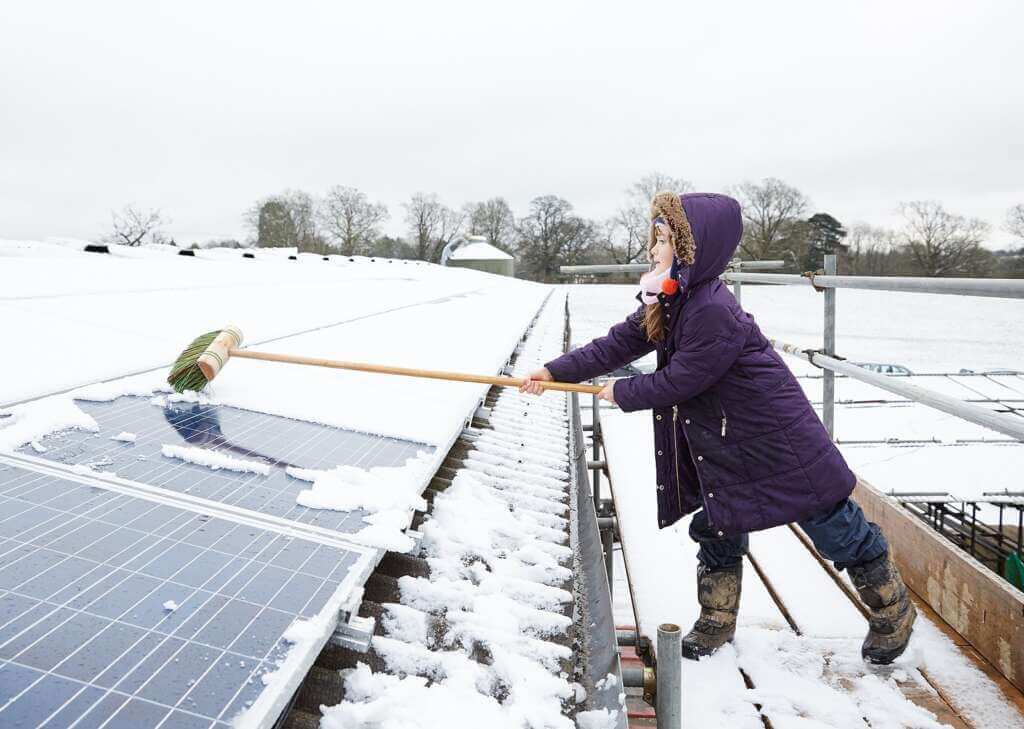
Solar in winter can be a challenging proposition. You need to take into account the lower sun angle, shorter days, and potential for snow and ice build-up on your solar panels.
First, let’s talk about the lower sun angle. This means that your solar panels are going to be getting less direct sunlight, and as a result, they’re going to be producing less electricity. There are a few ways to combat this. One is to make sure that your solar panels are pointing directly at the sun; this can be done by adjusting their tilt angle. Another is to use a solar tracker, which will automatically adjust the angle of your solar panels throughout the day to maximize their exposure to the sun.
Second, shorter days in winter mean that there are fewer hours of sunlight available for your solar panels to absorb. This can be countered by adding more solar panels to your system, so that you have more surface area exposed to the sun.
Finally, snow and ice build-up on your solar panels can block sunlight from reaching the photovoltaic cells and prevent them from generating electricity. This is why it’s important to keep your solar panels clean in winter, so that they can continue to operate at peak efficiency.
Solar Panel Maintenance
If you live in an area that experiences a fair amount of winter weather, you may be wondering if your solar panels will still work during the colder months. The answer is yes, solar panels can still produce electricity during winter.
Solar panels should be cleaned at least once a month
Solar panels should be cleaned at least once a month to ensure they are operating at peak efficiency. However, you may need to clean them more often if they are located in an area that is prone dust, dirt, pollen, bird droppings, and other debris that can build up on your solar panels and block the sun’s rays from reaching the cells. This can reduce the amount of electricity that your panels produce.
To clean your solar panels, you’ll need a hose with a spray nozzle, a soft brush, and a ladder. Be sure to follow the manufacturer’s instructions for cleaning your particular type of panel.
First, rinse the panels with plain water to remove any loose dirt or debris. Then, using the soft brush, gently scrub the surface of the panels to remove any stubborn dirt or grime. Next, rinse the panels with fresh water again and let them air dry. Finally, inspect the panels for any signs of damage and repair or replace them as needed.
Solar panels should be inspected for damage regularly
Solar panels should be inspected for physical damage regularly. Damage can occur from storms, excessive wind, hail, or falling tree limbs. If damage is found, it is important to have the panel repaired or replaced as soon as possible to prevent further damage to the panel or your home.
Solar panels should also be kept clean so that they can operate at peak efficiency. In most cases, rain will keep your panels clean, but you may need to hose them down occasionally to remove dirt, dust, or bird droppings.
Solar panels should be replaced every 10-15 years
Replacing your solar panels every 10-15 years is important to maintain optimal performance. Solar panels are exposed to the elements and can degrade over time, so it’s important to keep an eye on them and replace them when necessary.
If you live in an area with harsh winters, it’s especially important to check your panels regularly and replace them as needed. Snow and ice can damage solar panels, so it’s important to be proactive about maintenance.

